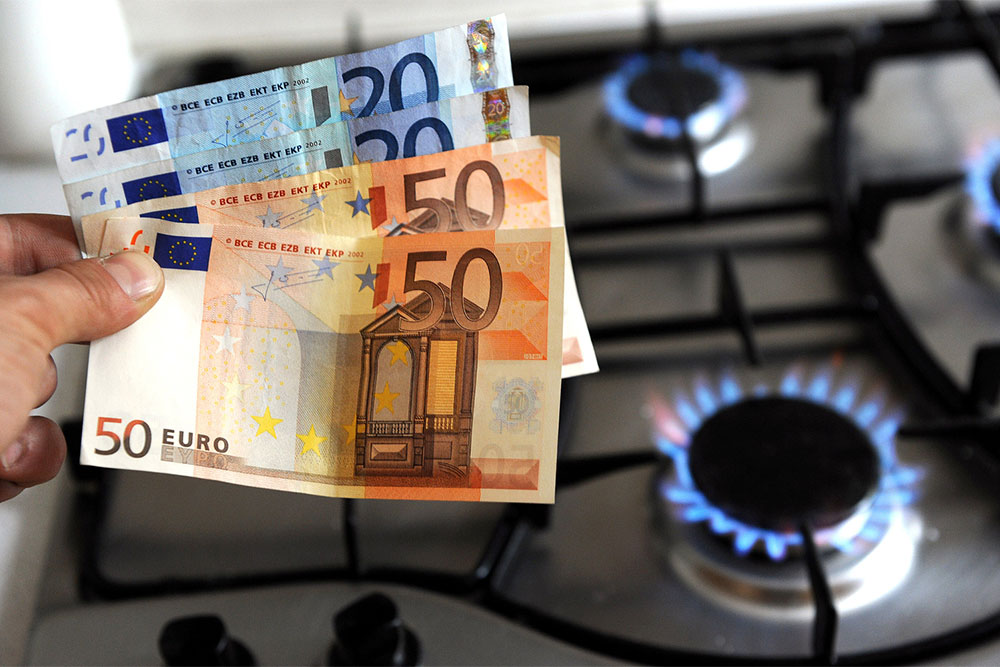6 ways to avoid errors and overcharges on gas bills

There are many instances where homeowners are heavily charged for energy consumption, leading to high gas bills. As the climate changes, energy usage is bound to change. That being said, it is possible to manage these bills by identifying and eliminating errors and overcharges. Generally, gas bills tend to be higher during the winter season. Here are some ways to ensure that you are not being overcharged on your gas bills.
Pay attention to the meter
One of the easiest ways to avoid any overcharging on your energy bills is to pay attention to your energy meter at home. When suppliers estimate the energy usage, it gives them an opportunity to overcharge you to balance out any future payments. You can simply read the meter every couple of months and submit the reading to your supplier every three months. Just remember to note down all the numbers on your meter, except for those highlighted in red or after the decimal point, along with the date. Many suppliers also have apps or websites where you can submit your meter reading. So be sure to find out the steps for your particular supplier.
Decline exit fee
Just like a penalty is levied for late payment, a lot of times, there is an exit fee often attached to the agreement whenever you select a supplier. The purpose of this fee is to discourage customers from switching to other suppliers. It is usually added to the contract to ensure a certain number of customers for their billing cycle.
Also note that some energy suppliers charge an exit fee when a customer switches to another supplier before the end of their fixed-rate tariff contract. However, this is not always limited to fixed-rate tariffs only, as variable tariffs may also include an exit fee.
It is also possible that because of this exit fee, the suppliers work out a competitive pricing plan that works well for them and their consumers. However, this limits the customers’ flexibility to change suppliers, especially in the middle of a price cut. So, choose a plan where the tariffs are per the meter reading, and there is no exit fee. This may seem like an expensive plan in the short run, but this can work best for you in the long term.
Do research
There are so many suppliers in the market, so it’s always good to shop around and compare prices to find the best deals. Some suppliers may take advantage of customers who are unaware of the pricing from different suppliers, so it’s important to do your due diligence and understand the pricing before making a purchase. Keep an eye out for any deals or offers that may be available, as these can provide some great opportunities to save money.
Switch suppliers
Switching suppliers may seem to be too difficult or complicated a process, but it’s actually quite simple. The flexibility of switching suppliers allows you to avail yourself of the best price in the market for energy use and also take advantage of other plans that these big companies may offer. Therefore, if you feel you’ve been overcharged consecutively, don’t hesitate to shop around and switch suppliers whenever you find a better deal that suits your home’s needs.
File a complaint
If you are not satisfied with your utility bill, you can go ahead and file an official complaint with the company. Once it is on record, there’s not much the company can do but fix the problem, if there is any. You have the right to question your utility company in the event of an error or overcharges on gas bills, and they are liable to respond with transparency. Also, look up ways to take the complaint to higher authorities if the company fails to respond to your query or complaint within a couple of weeks. You can reach out to the appropriate authority in the state.
Check for leakages
There could be a significant variation in the billing due to a leak in the pipe or supply chain. Therefore, it is important to check for leaks and fix them immediately, as they can qualify as an emergency situation. This should be done regularly to prevent any unforeseen issues. Additionally, ensure that no equipment is left unattended and taking up unnecessary energy. If necessary, further investigation should be conducted to identify the root cause of the problem.
It is important to note that it takes a lot more energy to warm up the house than to cool it down during winter months. This means that overall energy usage will be higher in the winter, especially in places with harsh climates and freezing temperatures outside. Consequently, there will be an increased need for heating, hot water, and other energy-consuming luxuries that require energy usage. Therefore, it is important to be prepared for this general fluctuation in your energy bill during this time. As you know your use of energy in the best manner, you should always review your bill and report any issues as soon as possible. Ensure you do not overlook certain areas so you don’t end up paying overcharges.







